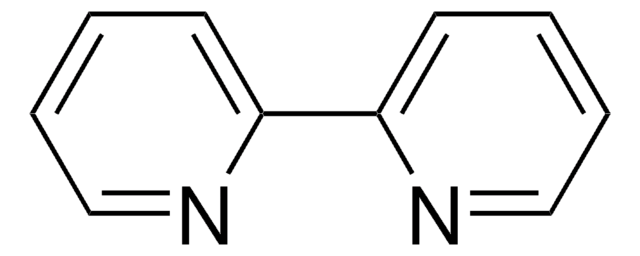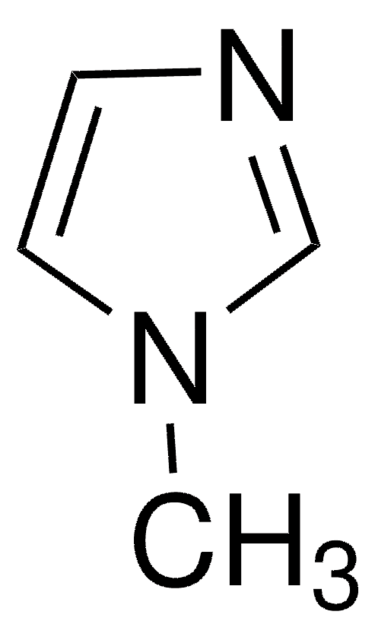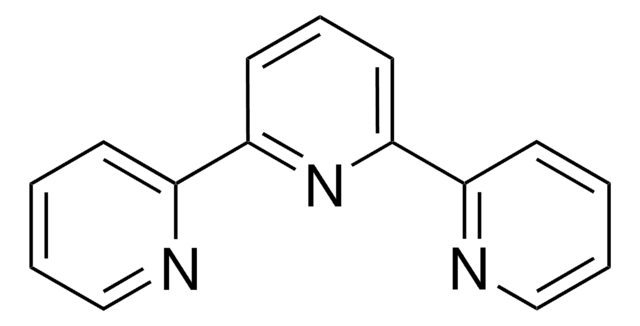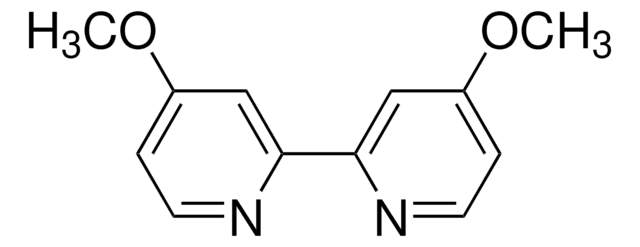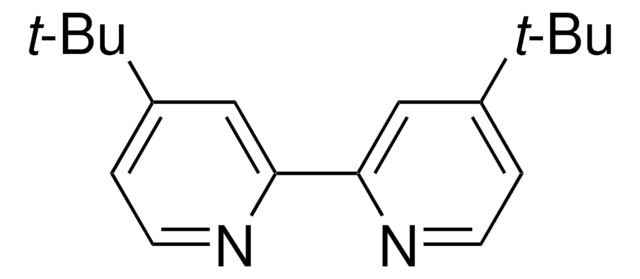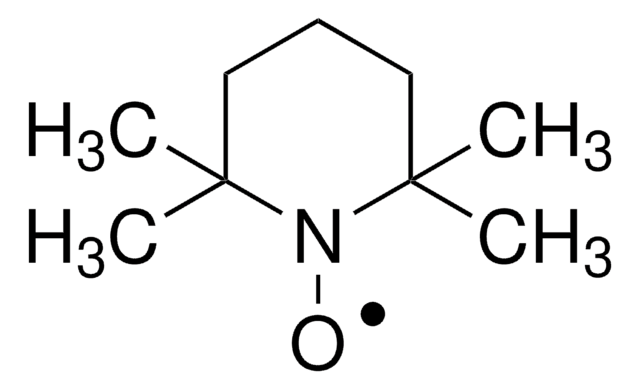798533
2,2′-Bipyridyl
anhydrous, free-flowing, Redi-Dri™, ReagentPlus®, 99%
Synonym(s):
2,2′-Bipyridine, 2,2′-Dipyridine, 2,2′-Dipyridyl
About This Item
Recommended Products
grade
anhydrous
Quality Level
product line
ReagentPlus®
Redi-Dri™
Assay
99%
form
powder or crystals (anhydrous)
quality
free-flowing
greener alternative product characteristics
Catalysis
Learn more about the Principles of Green Chemistry.
sustainability
Greener Alternative Product
bp
273 °C (lit.)
mp
70-73 °C (lit.)
greener alternative category
SMILES string
c1ccc(nc1)-c2ccccn2
InChI
1S/C10H8N2/c1-3-7-11-9(5-1)10-6-2-4-8-12-10/h1-8H
InChI key
ROFVEXUMMXZLPA-UHFFFAOYSA-N
Looking for similar products? Visit Product Comparison Guide
General description
Application
Biochem/physiol Actions
Legal Information
related product
Signal Word
Danger
Hazard Statements
Precautionary Statements
Hazard Classifications
Acute Tox. 3 Dermal - Acute Tox. 3 Oral
Storage Class Code
6.1C - Combustible acute toxic Cat.3 / toxic compounds or compounds which causing chronic effects
WGK
WGK 3
Flash Point(F)
267.8 °F - closed cup
Flash Point(C)
131 °C - closed cup
Choose from one of the most recent versions:
Already Own This Product?
Find documentation for the products that you have recently purchased in the Document Library.
Our team of scientists has experience in all areas of research including Life Science, Material Science, Chemical Synthesis, Chromatography, Analytical and many others.
Contact Technical Service